Directed Capital Closes 10th Fund at $92M
The close of the company’s latest distressed assets fund follows on the heels of new credit facilities totaling $100 million.
Directed Capital has closed its 10th fund, having raised $92 million in equity commitments that will be deployed to purchase commercial real estate debt.
The firm, which opportunistically acquires and strategically repositions commercial mortgage loans, reportedly will work to acquire more than $500 million in commercial mortgage loans, then seek to resolve those assets.
READ ALSO: Mapping the New Lending Landscape

Chris Moench, CEO & founder, Directed Capital. Image courtesy of Directed Capital
In addition, Directed Capital recently closed on a $40 million credit facility from Pacific Western Bank and had previously received a combined $60 million in two separate credit facilities from Goldman Sachs Bank USA ($40 million) and Valley Bank ($20 million).
Chris Moench, CEO & founder of Directed Capital, told Commercial Property Executive that the company buys distressed loan assets—mostly from banks and other private lenders—that can be secured by essentially any type of commercial real estate, nationwide, including senior housing and hospitality. Based on the face/original loan amount, assets usually range from $1 million to $10 million and occasionally up to $25 million, or what Moench calls “the wide part of the market.”
Success with distress
Managing Director Nick Griffin told CPE that Directed Capital has to date acquired $1.6 billion in assets, adding that, typically, a borrower will refinance to resolve its distressed loan.
Most of the company’s investors have been high-net-worth individuals and family offices, along with some institutional investors, including a couple of insurance companies, Griffin said.
READ ALSO: For Lenders, Real-Time Analysis Mandates Caution
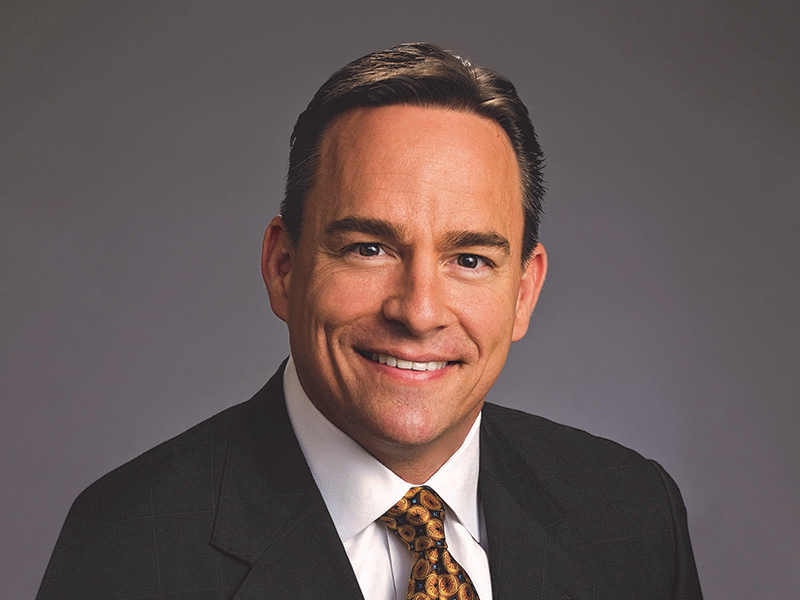
Nick Griffin, Managing Director, Directed Capital. Image courtesy of Direct Capital
Directed Capital’s average hold over its existence has been 20-some to 30-some months, according to Moench, though there are exceptions. In March, the company acquired an approximately $5 million loan on a warehouse near the Port of Savannah, Ga., but the property owner has already refinanced.
Another recent acquisition was a loan of about $7 million on a Manhattan multifamily building that’s distressed because of the pandemic but still has a positive loan-to-value.
Since early April, there has been a widening spread between bids and asking prices. “Sellers have yet to adjust their pricing,” Moench said, in a market troubled by COVID-19 and intense uncertainty, in addition to concerns about property insurance, driven by immense hazard losses from wildfires and hurricanes. Still, Moench sees the commercial real estate sector heading toward “a more realistic market,” especially after the election.

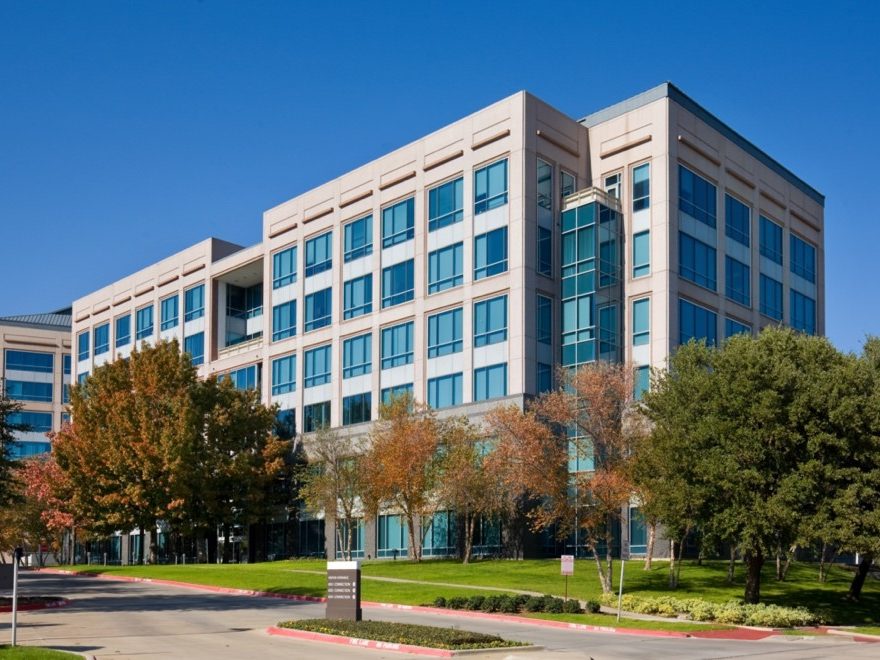
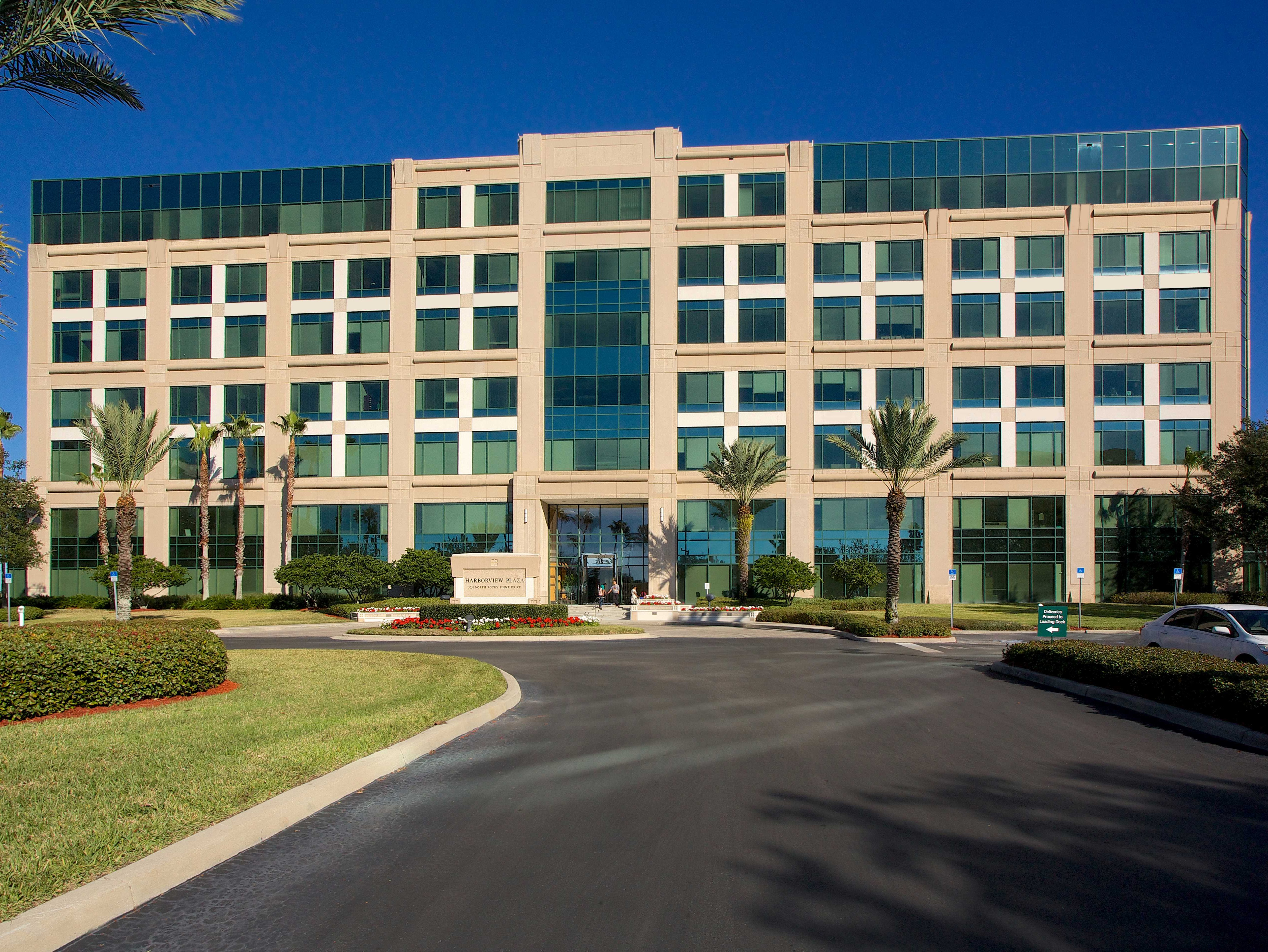
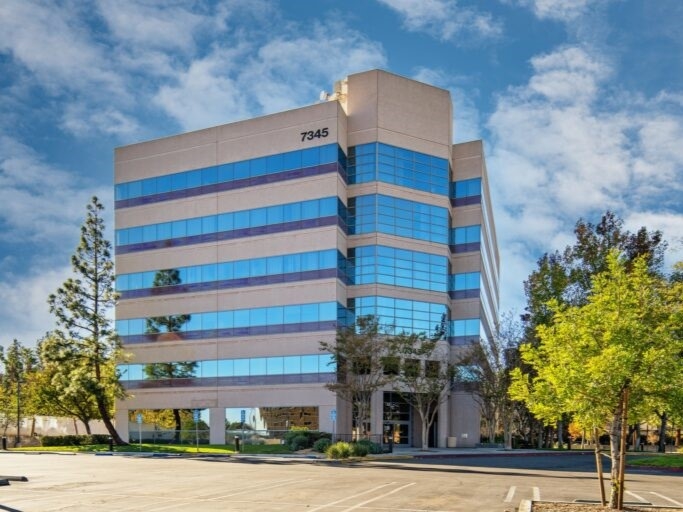


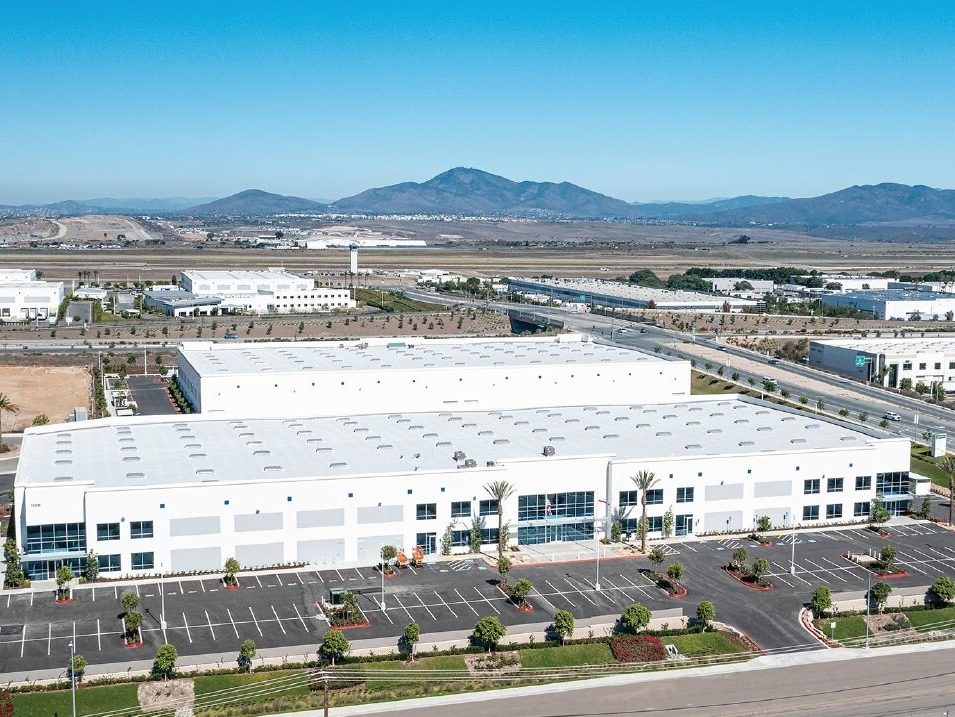
You must be logged in to post a comment.